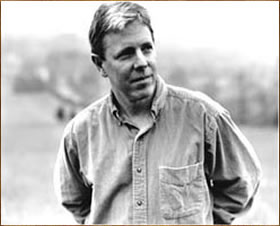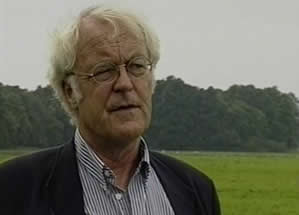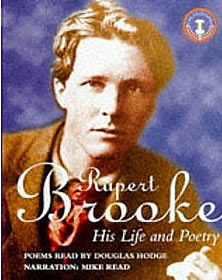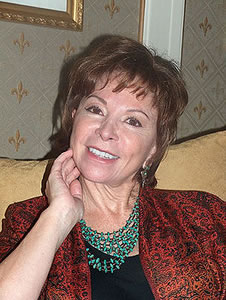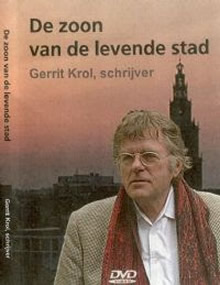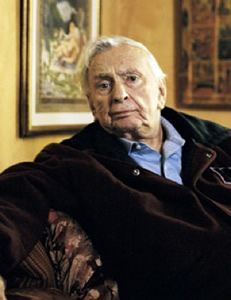De Finse schrijver Kjell Westö werd geboren op 6 augustus 1961 in Helsinki. Zie ook alle tags voor Kjell Westö op dit blog.
Uit: The perils of being Skrak (Vertaald door David McDuff)
“At the time of Werner’s stay in Cleveland Bruno and Maggie had already been divorced for some years, and in an irreconcilable manner. But they were still interested in their grown-up son, each in their own way; Maggie wrote often, and Werner replied, he wrote at length, and truthfully, for he knew that Bruno and Maggie no longer communicated; to Maggie he could admit that he hated corporate law and bookkeeping, and to her he dared to talk about the raw music he had found on the radio station WJW, he wrote to her that the music of the blacks had body and that he had found a great record store, it was called Rendezvous and was situated on Prospect Avenue and there he had also bought a ticket for a blues concert, wrote Werner, he thought that Maggie would understand.
Bruno was not a great letter-writer, he sometimes dropped a line to Joe McNab on abrupt postcards in which he asked Joe to report on his son’s progress in his studies, that was all. On the other hand, he sometimes telephoned, transatlantically and intercontinentally, it was a complicated and expensive and easily interrupted procedure that most often consisted of father and son being silent together at a distance of almost 10,000 kilometres from each other.
When Bruno discovered by letter that his son, the Latin scholar and athlete and student of law, had by some strange means got hold of a ticket for a Negro concert and had also used it, he immediately booked an international call to McNab. When the call came through it was afternoon in Helsinki and early morning over there in Cleveland. After some preliminary questions and laconic replies and a period of silence accompanied by cosmic crackling and the roar of the mighty Atlantic between them, Bruno came to the point: ‘I’m not paying for you to stay over there to be beaten up by Negroes, Werner,’ he said. Werner was silent, then he said: ‘So Uncle Joe has been gossiping.’ ‘I wouldn’t call it gossiping,’ retorted Bruno. ‘You live with him, he’s responsible for you.’ ‘I’m a grown man, Dad,’ said Werner bitterly.”
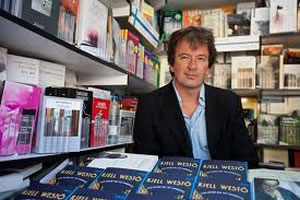
Lees verder “Kjell Westö, Diane DiPrima, Alfred Lord Tennyson, Paul Claudel, Yacine Kateb”

